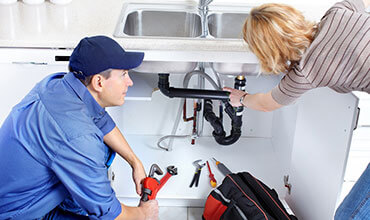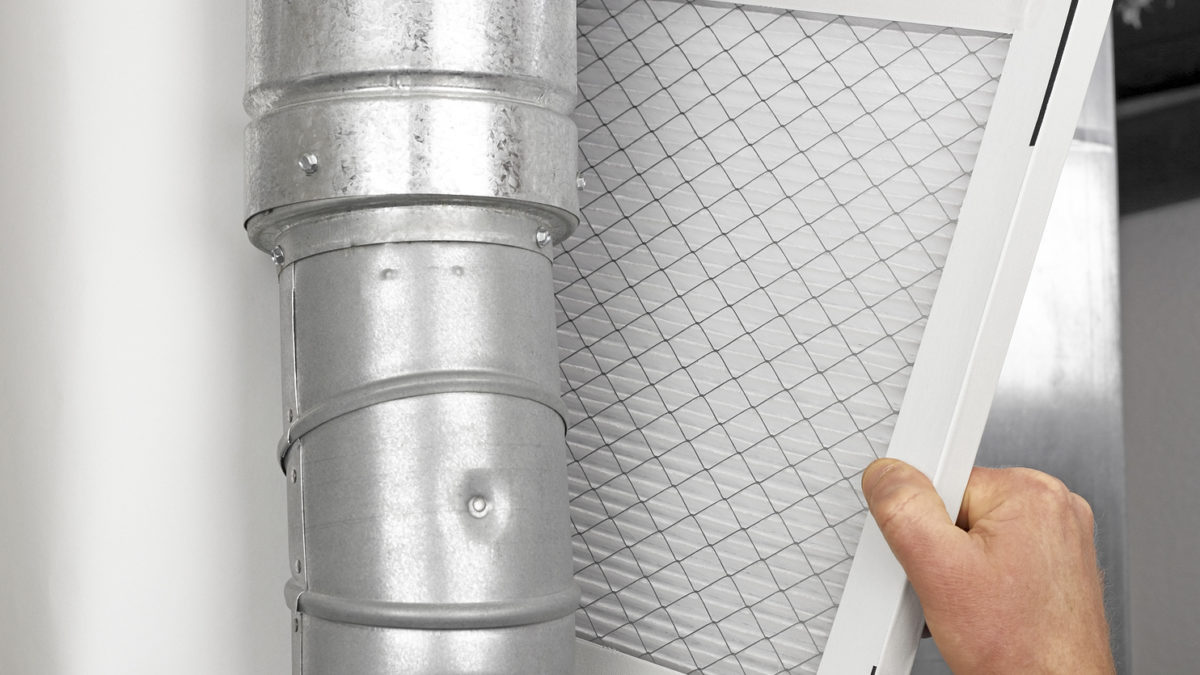The Recommended Winterizing Techniques: 5 Ways to Prevent Pipe Bursts
The Recommended Winterizing Techniques: 5 Ways to Prevent Pipe Bursts
Blog Article
Just about everyone has his or her own piece of advice involving How to stop pipes from freezing during the winter.

All property owners who stay in warm climates must do their best to winterize their pipes. It is something you need to do during autumn before deep wintertime truly begins. Failure to do so can spell disaster like icy, split, or ruptured pipelines. Right here are some helpful winterizing hacks to maintain your plumbing system safeguarded even if the weather condition outside is terrible.
Switch on the Faucets
When the temperature drops and it seems as if the frigid temperature level will certainly last, it will assist to transform on your water both inside your home and also outdoors. This will keep the water streaming via your plumbing systems. You'll end up losing gallons of water this way.
Open Cabinet Doors Hiding Plumbing
It would certainly be useful to open up cabinet doors that are camouflaging your pipes when it's chilly outside. As an example, they could be somewhere in your kitchen area or washroom. This will enable the cozy air from your heating unit to circulate there. As a result, you prevent these exposed pipes from cold. Doing this little method can maintain your pipelines warm and also limit the potentially harmful outcomes of freezing temperature levels.
Take Some Time to Wrap Exposed Pipeline
One awesome and also simple hack to heat up icy pipelines is to wrap them with cozy towels. You can cover them initially with towels. After securing them in place, you can put boiling water on the towels. Do it slowly to let the towels absorb the fluid. You can likewise use pre-soaked towels in hot water, just don't forget to put on safety gloves to protect your hands from the heat.
Attempt a Hair Dryer or Heat Weapon
When your pipelines are virtually freezing, your reliable hair dryer or heat gun is a blessing. If the hot towels do not help dislodge any clearing up ice in your pipes, bowling hot air straight into them might help. Do not make use of various other items that create straight fires like a strike torch. This can result in a bigger disaster that you can not regulate. You might end up destructive your pipes while trying to melt the ice. And over time, you might even wind up shedding your house. Be careful!
Turn off Water When Pipelines are Frozen
If you see that your pipes are completely icy or nearly nearing that stage, transform off the major water valve quickly. You will generally locate this in your basement or utility room near the heater or the front wall surface closest to the street. Turn it off right away to avoid additional damages.
Do not forget to shut outside water sources, also, such as your connection for the garden residence. Doing this will certainly protect against extra water from filling up your plumbing system. With even more water, even more ice will load up, which will eventually lead to rupture pipelines. If you are uncertain regarding the state of your pipelines this wintertime, it is best to call a specialist plumber for an inspection. Taking this positive method can conserve you hundreds of bucks in repairs.
All property owners who live in warm environments need to do their best to winterize their pipelines. Failing to do so can spell disaster like frozen, broken, or ruptured pipes. If the hot towels do not aid dislodge any type of working out ice in your pipes, bowling warm air directly right into them might help. Transform off the primary water shutoff promptly if you see that your pipes are totally frozen or nearly nearing that stage. With even more water, even more ice will load up, which will at some point lead to break pipelines.
PREVENT YOUR PIPES FROM FREEZING THIS WINTER
A Leading Cause of Property Damage
When the weather is taking a deep nose dive into the cold dreary days, the risk of your pipes freezing and potentially bursting skyrockets. Unfortunately, during these cold dreary months, burst pipes are the most common denominator for property damage. The pipes that are most at the risk are those that are in areas where it is most cold in your home. For instance, pipes located in interior places such as basements, attics, and your garage. Unfortunately, that doesn’t mean that the pipes running through your cabinets or exterior walls can’t freeze. Good news, however, is that you can do things to help prevent pipes from freezing.
How to Prevent Pipes From Freezing
Once the temperature starts to drop during the winter, you should be taking the proper measures needed to ensure that your pipes stay warm and that there is circulation of water through them. Some steps that experts may recommend could go against your better judgement when it comes to saving water and heat. However, it would go without saying that when expenses are compared, damaged pipes could put a bigger dent in your wallet than a water bill.
What Can I Do?
Keep your garage door closed. This is very important, especially if you have water supply lines running through your garage. Open your kitchen and bathroom cabinets to allow warm air to circulate through them. Allow air circulation throughout your home. Keeping the interior doors open will once again allow the warm air to circulate inside your home. Ensure your thermostat is running the same temperature throughout the night and day. If you plan to be away from home during the cold months, set your temperature no lower than 55° F. This should provide enough heat to keep the pipes warm and prevent any remaining water inside the pipes from freezing. For more of a long-term solution, add insulation to attics, basement, and other crawl spaces around your home. By allowing your faucet to drip, it will alleviate pressure in the system. This is important because the pressure that is created between the blockage and the faucet can potentially cause the pipes to burst. Allowing the faucet to drip will prevent the pressure from building up, therefore keeping the pipes from bursting. Seal any cracks, openings, and crawl spaces around your home to prevent cold air from coming inside. This keeps your pipes-not to mention your home-warmer and less susceptible to issues caused by freezing temperatures. For the pipes in your home that are easily accessible, applying electrical tape to them might prevent them from freezing over. This is a quick fix, as you can apply the tape directly to the pipe. There are two options for heating tapes. One turns on and off by itself when it senses heat is needed. The other type of heating tape needs to be applied when heat is needed and removed when not necessary. If you have exposed pipes in your home, you can check this website to take a look at a few options that would be available at a shop near you.

We had been made aware of that write-up on Prevent Freezing and Bursting Pipes through someone on a different domain. Sharing is good. You won't know, you might be doing someone a favor. I appreciate reading our article about How to stop pipes from freezing during the winter.
One-stop solution, phone now! Report this page